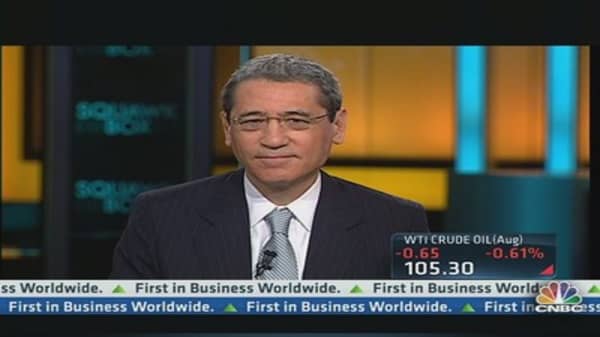Chinese travelers, at 83 million in 2012, make up a sizeable group of consumers, so it is understandable that talk of a slowdown in the world's second largest economy could make countries dependent on China tourism receipts a little nervous.
But the concerns are exaggerated, ANZ says, as China's tourism sector is "at the cusp of a multi-decade increase in tourism expenditures," similar to the trend seen in Japan three decades ago.
(Read More: China risks following Japan into economic coma)
According to a recent ANZ note, the number of Japanese travelers saw a sharp increase between mid-1980s through to 1990s, from 4 million to 16 million, during a time when the economy experienced robust growth, bringing GDP per capita from $10,000 to $35,000 in that period.
The same trend is now being seen in China, ANZ observed.
(Read More: Are fears over China government debt overblown?)
"Before this time (1980s), Japanese tourists liked to stay onshore for their vacations but as they became richer, all of a sudden they started to travel more. The same thing is happening in China, but at a much steeper rate," said ANZ economist Daniel Wilson.
Recent tourism trends are making travel more affordable for China's lower income workers and accelerating the the boom, ANZ added.





